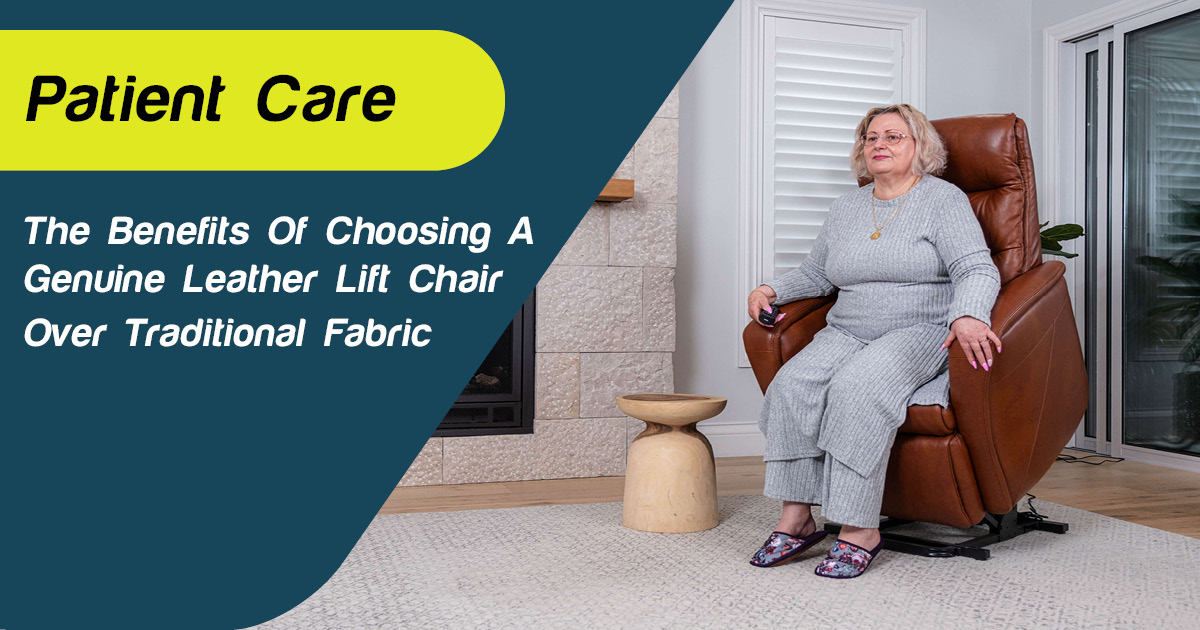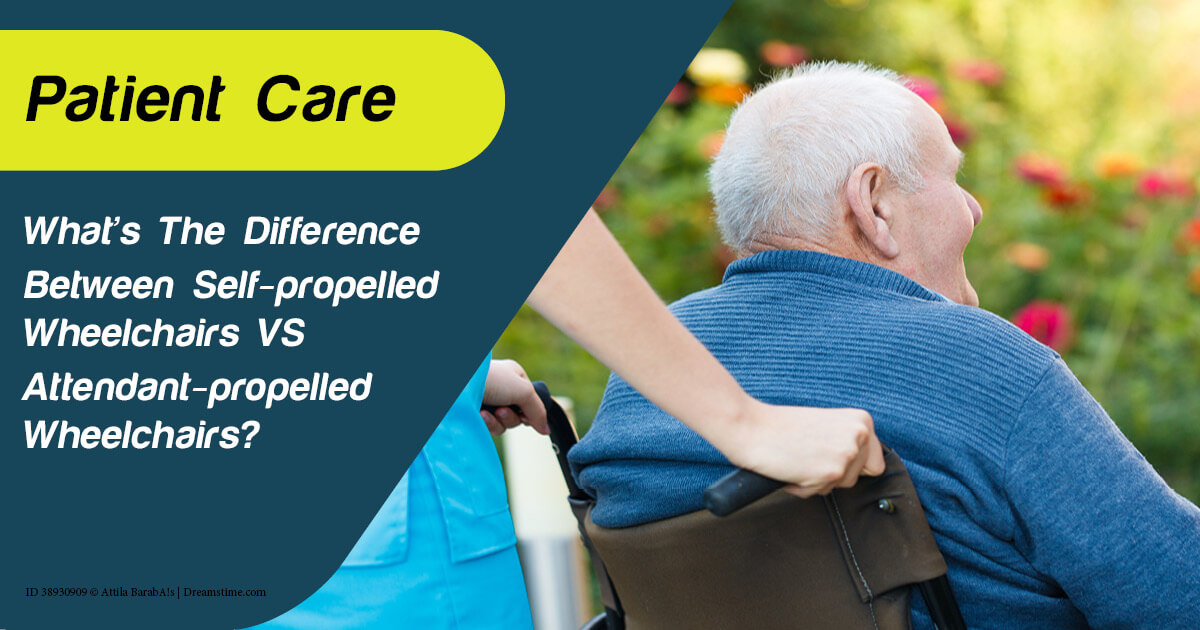
Share
Dementia is a neurological condition that affects the brain, causing a decline in cognitive function over time, with symptoms including memory, decision-making, and daily functioning. Caring for someone with dementia can be challenging. Still, with the right advice, you can provide the quality care your loved one needs to continue living happily and independently at home.
So, how can you assist a person with dementia to stay safe and happy?
Here, we’ll share some valuable tips and strategies for dementia care at home.
Note: This article is for informational purposes and is not a substitute for professional medical advice. Consult with healthcare professionals for personalised guidance and care.
#1: Create a safe & supportive home environment

Photo 8503263 © Nyul | Dreamstime.com
Creating a safe and supportive home environment is essential for people with dementia. Start by removing potential hazards and making necessary modifications to ensure their safety. Here are some practical steps you can take:
- Remove tripping hazards like scattered rugs and ensure clear pathways. Taping electrical cables to the skirting boards can also help to keep them out of the way.
- Install grab bars in the bathroom and use a sturdy shower chair for bathing.
- Secure potentially dangerous items like car keys, weapons, and hazardous chemicals.
- Make sure outdoor areas are enclosed to prevent wandering or climbing.
We also recommend seeking advice from healthcare professionals, like occupational and physical therapists, who can assess your home environment and recommend specific modifications to meet your loved one's needs.
#2: Encourage independence & engagement

Photo 143240403 © Natpol Rodbang | Dreamstime.com
Although dementia patients may gradually lose certain abilities, promoting independence and engagement in daily activities for as long as possible is important.
Involve your loved one in daily tasks and decision-making, giving them a sense of purpose and accomplishment. Allow them to perform simple tasks independently, like setting the table or dressing with visual cues (if needed), and provide mental and tactile stimulation opportunities through activities like puzzles or hobbies.
By encouraging independence and engagement, you can enhance their quality of life and help them maintain a sense of dignity and autonomy.
#3: Establish a consistent routine

Photo 130525912 © Jovanmandic | Dreamstime.com
Routine is crucial for individuals with dementia as it provides structure and familiarity.
Establishing a daily routine can help reduce confusion and anxiety. Set regular times for bathing, dressing, meals, taking medications, and sleep; use visual cues, like calendars or clocks, to promote the schedule and plan activities and outings that align with their energy levels and preferences.
Maintaining a consistent routine can provide a sense of security and stability for dementia patients, reducing behavioural issues and promoting a calmer environment.
#4: Create communication strategies

Photo 71520931 © Monkey Business Images | Dreamstime.com
Communication can become challenging as dementia progresses, but some strategies can help improve interaction with your loved one. For example, we recommend using simple, clear language and maintaining a calm tone. Maintain eye contact, address them by name to establish a connection, and give them time to process information and respond.
Be patient and understanding during conversations; they may struggle to find the right words or express themselves. Practice active listening and verbal cues (e.g. nodding and smiling) to improve communication.
#5: Practice patience & avoid arguments

Photo 177674549 © Satjawat Boontanataweepol | Dreamstime.com
Arguing with a dementia patient is counterproductive and can escalate their distress. Remember that their cognitive abilities are impaired, and reasoning with them may not be effective. Instead, focus on empathy, understanding, and diversion.
When they become fixated or upset, redirect their attention to a different, more relaxing activity or topic and remain calm and composed, even in challenging situations. At the same time, learn their triggers and try to minimise or eliminate them — common triggers include fatigue, hunger, and environmental factors.
By practising patience and avoiding arguments, you can maintain a peaceful and supportive environment for your loved one. However, if challenging behaviour and arguments become unmanageable, talk to your healthcare provider for further assessment and guidance.
#6: Ensure a safe sleeping environment

Photo 185957950 © Fizkes | Dreamstime.com
Sleep disturbances are common among dementia patients, and maintaining a proper sleep routine is crucial for their overall well-being. Here are some tips to promote a safe sleep environment:
- Establish a relaxing bedtime routine, like reading or listening to soothing music.
- Create a comfortable and quiet sleep environment, minimising noise and distractions.
- Ensure the bedroom is well-lit to reduce confusion during nighttime awakenings. Some diffusers come with night lights installed, so you can keep the lights on and add aromatherapy to the mix.
- Add a bed sensor to their mattress so you are notified when your loved one leaves their bed. This is especially valuable if they tend to wander at night or are prone to falling out of bed.
If sleep disturbances persist, consult healthcare professionals who can guide and recommend appropriate interventions.
#7: Promote proper nutrition & hydration

Photo 57307297 © Szefei | Dreamstime.com
Maintaining a healthy diet and adequate hydration is essential for the well-being of people with dementia. However, they may face difficulties with eating and drinking, so offer them various foods that are easy to chew and swallow, like finger foods, and provide adaptive cutlery to encourage self-feeding.
Water is always important, so monitor their hydration levels and encourage regular fluids.
In some cases, consulting a dietician can help develop a personalised meal plan that meets their nutritional needs.
#8: Seek support & respite care

Photo 188805966 © Emilija Randjelovic | Dreamstime.com
“You can't help the person you care for if you are wiped out. Being a primary caregiver for your loved one is exhausting." - Cyndi Cramer, Clinical Nurse Educator.
Caring for a parent with dementia at home can be physically and emotionally draining, and it’s important to take care of your own well-being so you can continue providing quality care for them.
Reach out to support groups or counselling services for emotional support and guidance, and take advantage of respite services for temporary relief.
Don’t forget it’s also okay to allow or ask friends, family members, and support workers to help you care for your loved one!
#9: Explore professional dementia care services

Photo 42978160 © Alexander Raths | Dreamstime.com
As dementia progresses, professional dementia care services may be necessary. These services can provide specialised care tailored to the unique needs of dementia patients.
For example, My Aged Care offers Home Care Packages so that older Australians can continue living independently at home, even with dementia. The total amount of a Home Care Package is made up of subsidies from the Australian Government and your contributions (some providers charge a fee). These funds cover management costs and care services, including:
- Personal care
- Support services
- Nursing
- Allied health and clinical services
Some home care providers can access additional funding from the Australian Government to ensure your loved one gets the level of care they need — for example, there is a supplement for dementia and cognition. Simply chat to your provider about additional supplements available for your loved one.
Here’s a guide on how to connect with a Home Care Package provider from My Aged Care.
Caring for someone with dementia requires patience, understanding, and adaptive strategies
By creating a safe and supportive environment, fostering independence, establishing a consistent routine, and implementing effective communication strategies, you can enhance the quality of life for your loved one (and remember to prioritise self-care and seek support when needed).
With the right approach and support, you can make a positive difference in your loved one’s life and provide the care they deserve.
At Active Mobility, we are committed to supporting you and providing the resources and equipment you need to ensure the safety and well-being of your loved ones with dementia. We offer a range of adaptive utensils and equipment for home modifications, ultimately making life a little safer and easier. Shop online.









